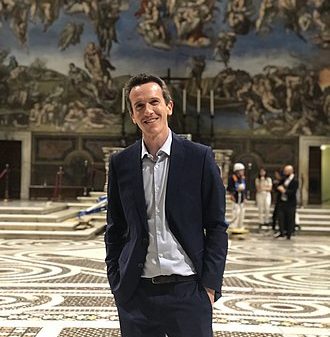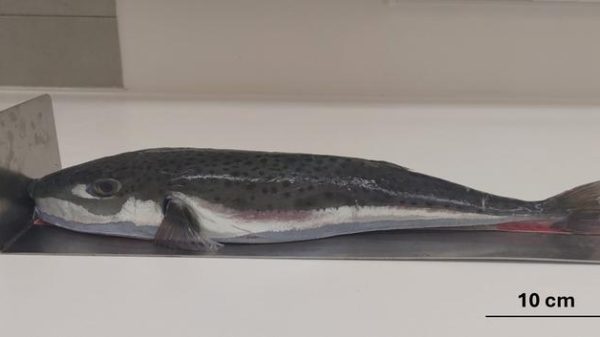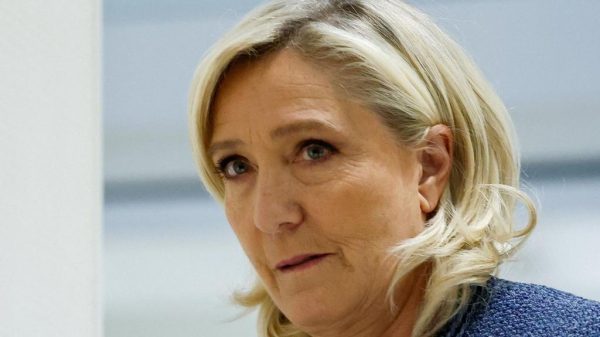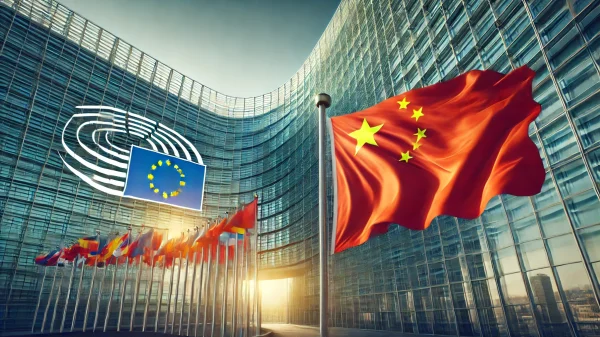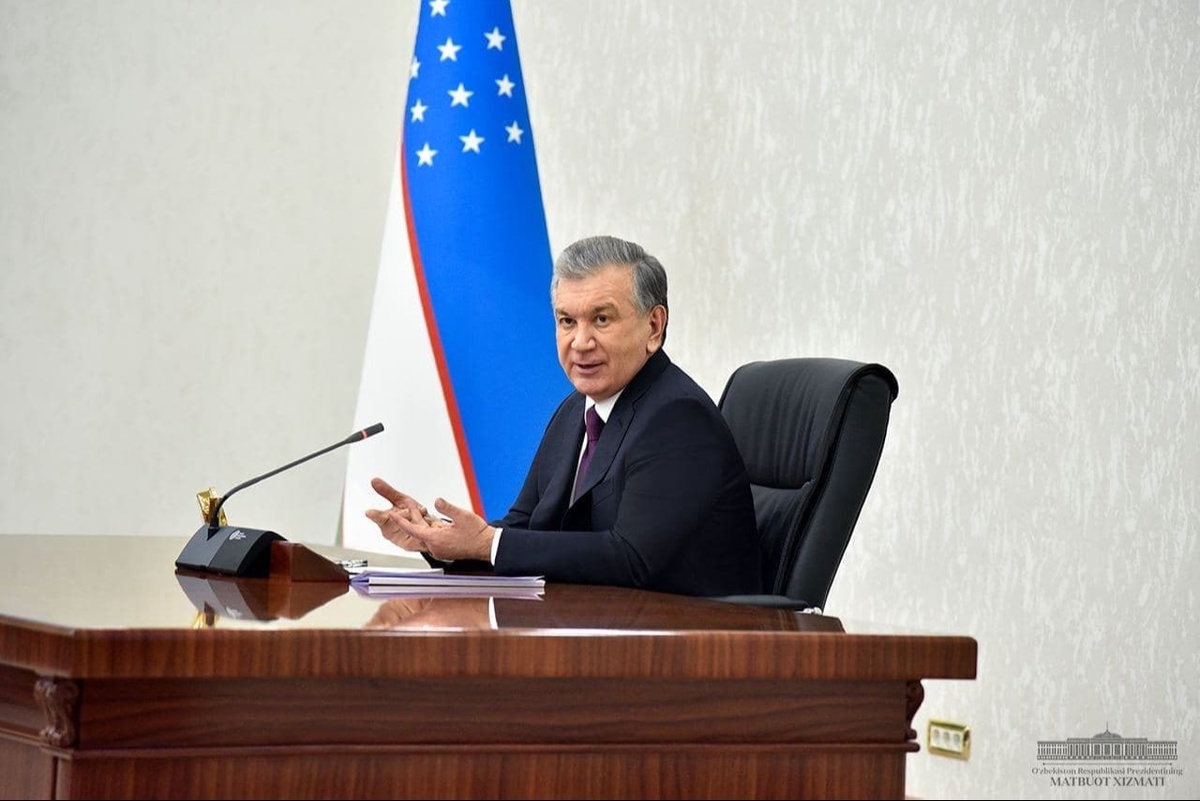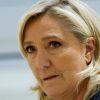As the ancient Silk Road city of Samarkand prepares to host the first-ever Central Asia-European Union summit, Uzbek President Shavkat Mirziyoyev has declared the event a “historic chance” to bring prosperity and stability to the wider region through deeper strategic cooperation with the EU.
In an exclusive address to European audiences, President Mirziyoyev outlined Uzbekistan’s bold vision for regional integration and long-term collaboration with Europe, stressing the importance of trust, dialogue, and shared priorities.
“Co-operation with the EU covers a wide range of areas – from economy and investment to sustainable development, security and digital transformation – and is based on long-term strategic priorities,” the President noted.
A Transforming Region at the Crossroads
President Mirziyoyev highlighted that Central Asia, once perceived as a fragmented and under-connected space, has undergone a profound transformation.
“Central Asia has acquired a new image as a space of constructive dialogue, trust and comprehensive cooperation. This has become possible thanks to the common political will of the leaders of our countries,” he said. “Today we can confidently speak of the irreversibility of this process.”
This transformation, he noted, has attracted growing attention from world powers, with the EU now a key strategic partner.
“The positive processes observed in the region are increasing interest in Central Asia, turning the region into an important partner of world powers and leading states at the geopolitically important crossroads of the main routes between East and West, North and South.”
Economic Ties Reaching New Heights
Trade between the EU and Central Asian countries has quadrupled in the past seven years, reaching €54 billion, a figure that underscores growing investor confidence.
“Today, the European Union is consistently developing trade and investment ties with the Central Asian states,” President Mirziyoyev said. “We are pleased to see the growing interest of European business in the opportunities for trade and investment interaction with Uzbekistan and other countries of the region.”
Uzbekistan itself has forged strategic partnerships with EU member states including Italy, Hungary, France, and Germany.
Green Energy and Regional Connectivity
With climate change and sustainability high on the agenda, the summit is expected to highlight joint efforts to transition to clean energy.
“Currently, Uzbekistan and other countries in the region are actively expanding the potential of renewable energy,” the President stated. “In addition to the already commissioned 14 new solar and wind power plants, we intend to implement more than 50 such projects with a total capacity of 24,000 megawatts.”
He noted that Uzbekistan aims to boost its share of renewables to 54% in the next five years, which would cut greenhouse gas emissions by 16 million tonnes and fulfil commitments under the Paris Agreement.
The President proposed establishing a Central Asia-EU Clean Energy Partnership to facilitate cooperation on green hydrogen, ammonia, and carbon trading mechanisms.
“The implementation of green energy and climate projects will contribute to the development of the carbon credit market in the region,” he said.
Meanwhile, strategic infrastructure projects such as a ‘green corridor’ across the Caspian and Black Seas are set to reinforce energy and transport links between Central Asia and Europe.
A Constructive Role on Afghanistan
President Mirziyoyev also addressed Uzbekistan’s policy on Afghanistan, underlining the importance of regional pragmatism.
“Uzbekistan’s approach to Afghanistan has always been characterised by pragmatism and long-term strategic orientation. We have never closed or turned our backs on our neighbour,” he said.
He argued that current Afghan authorities have made strides in stabilisation, infrastructure, and counter-narcotics, citing a UN-confirmed 95% drop in opium cultivation since 2023.
“It is critical to involve Afghanistan in international global economic processes, including through the implementation of infrastructure projects on its territory,” he added.
Looking Ahead: The Samarkand Declaration
The upcoming Samarkand Declaration is expected to be the summit’s cornerstone achievement.
“We expect the forthcoming summit to be an important milestone in the development of relations between Central Asia and the European Union,” President Mirziyoyev said. “Our co-operation has reached a qualitatively new level.”
“One of the key results should be the signing of the Samarkand Declaration, which will reflect the common aspiration of the parties to establish a strategic partnership.”
Beyond diplomacy, Uzbekistan is hoping to secure concrete outcomes: new investment mechanisms, infrastructure cooperation, innovation exchange, and deeper political dialogue.
“We are counting on the development of new mechanisms of interaction, which will make our cooperation more systematic and oriented towards long-term goals.”
The Samarkand summit stands as a powerful signal of the EU’s growing engagement in Central Asia—and of the region’s readiness to meet that engagement with vision, ambition, and openness.


